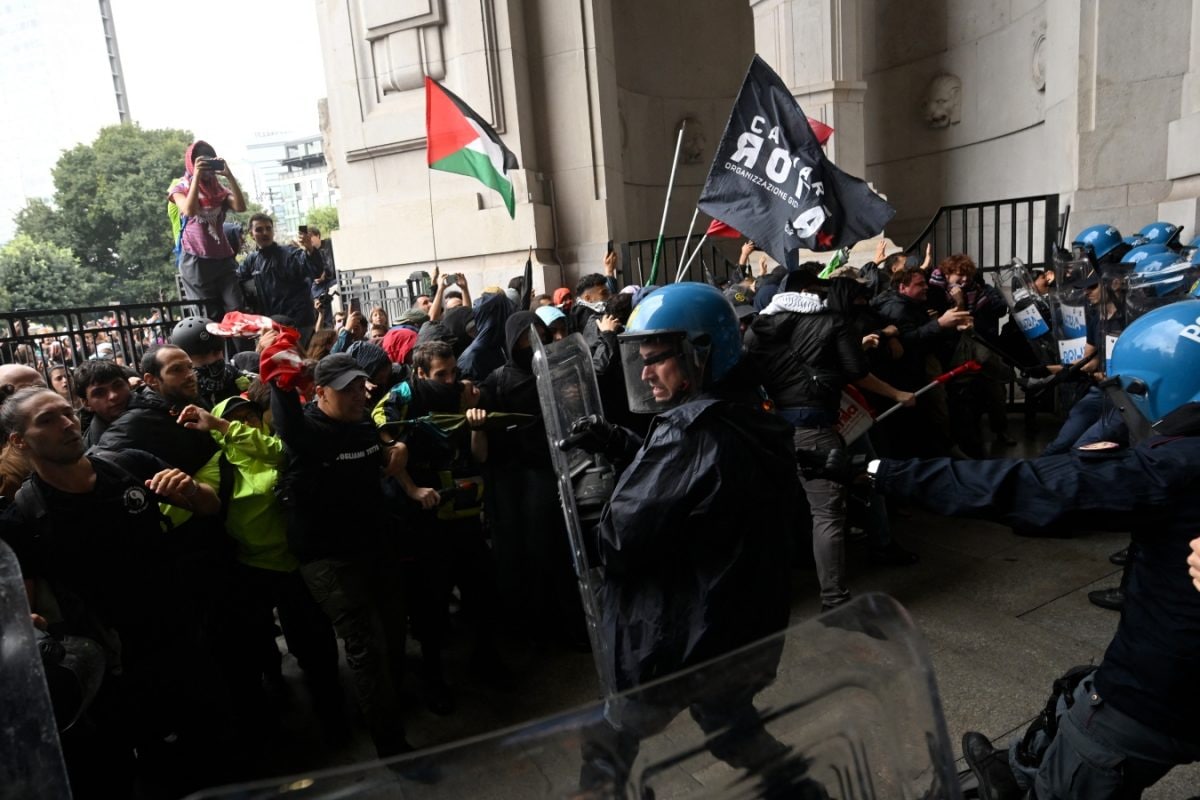The British-Egyptian human rights activist Alaa Abd el-Fattah will be released from jail after serving six years for liking a Facebook post, Egyptian state media have reported.
Egypt’s president, Abdel Fatah al-Sisi, granted him his freedom after intensive lobbying by the UK government and pressure from Egypt’s national human rights council.
Keir Starmer, the UK prime minister, is known to have telephoned Sisi three times to lobby for Abd el-Fattah’s release. His national security adviser, Jonathan Powell, also called for his release as did the former foreign secretary David Lammy. It appears a growing warmth in British-Egyptian official relations – including over how to handle the Palestine question – may have played a role in the president’s decision.
Abd el-Fattah’s 69-year-old mother, Laila Soueif, has been admitted to hospital in London twice after going on hunger strikes to try to secure his release. The prominent activist and maths professor also held vigils outside the Foreign Office and Downing Street, saying she was prepared to die to achieve her son’s release.
The campaign for has also been led by Abd el-Fattah’s two sisters, Mona and Sanaa, and other family members. They tried to keep a low profile once the possibility of his release became known, fearing that anything they might say could upset a delicate process. After hearing news of her brother’s release, Mona issued a short tweet in Arabic saying: “My heart will explode.”
Abd el-Fattah’s release was reported by al-Qahera News, which is linked to Egypt’s intelligence service. It said: “The Egyptian president issues a pardon for the remainder of the prison sentence for a number of convicted persons, after taking the constitutional and legal procedures in this regard. The pardon includes … Alaa Ahmed Seif El-Islam Abd el-Fattah.”
The human rights council had recommended seven prisoners for release but its recommendations are not always followed.
A writer and supporter of the Arab spring, Abd el-Fattah has been in jail since 2019. In 2021, he was sentenced to five years but the authorities claimed the two years he spent in pre-trial detention did not count toward his sentence. He was convicted of spreading false news and harming Egypt’s national interest. A UN panel found the allegation stemmed from Abd el-Fattah sharing a Facebook post about the death of a prison inmate.
Abd el-Fattah has a son in Brighton who he has rarely seen because of his years in detention.

 6 hours ago
6 hours ago
















